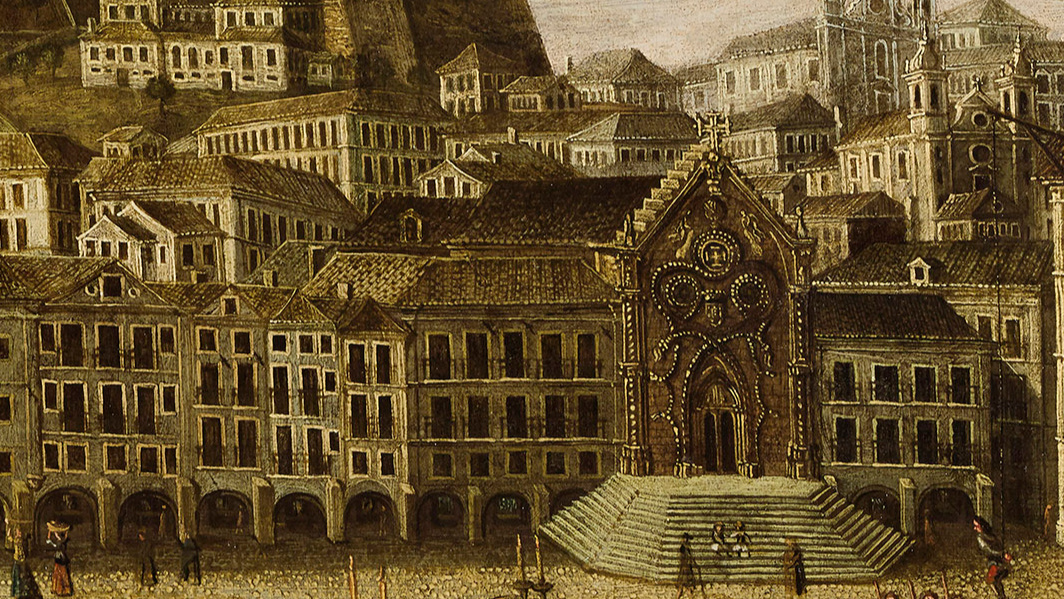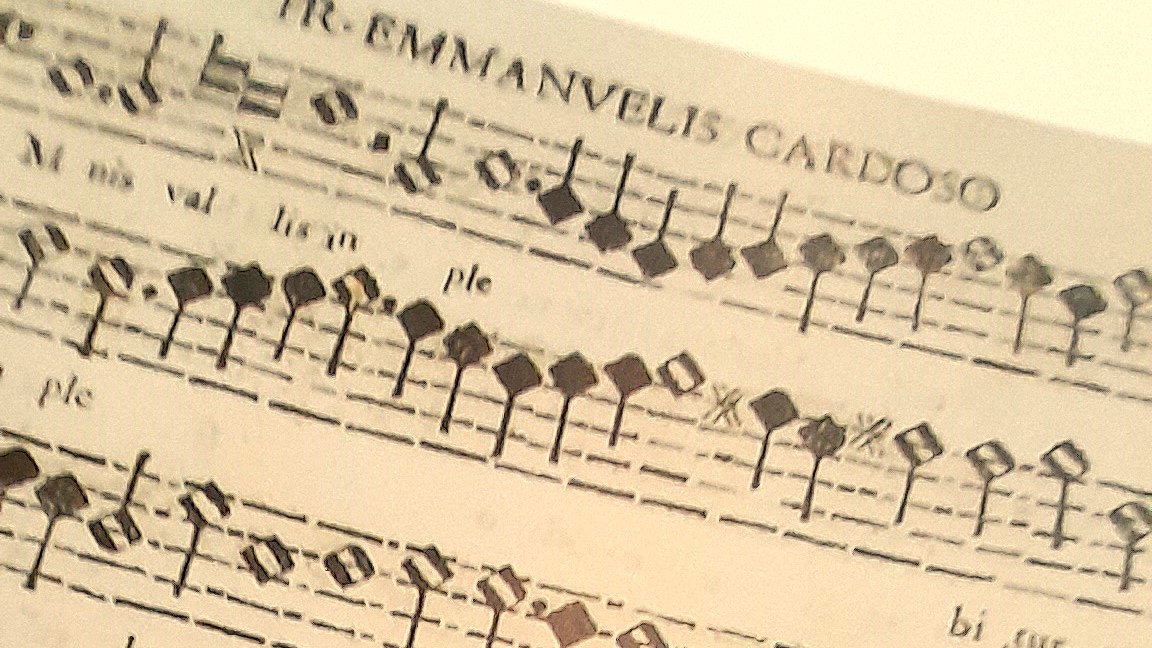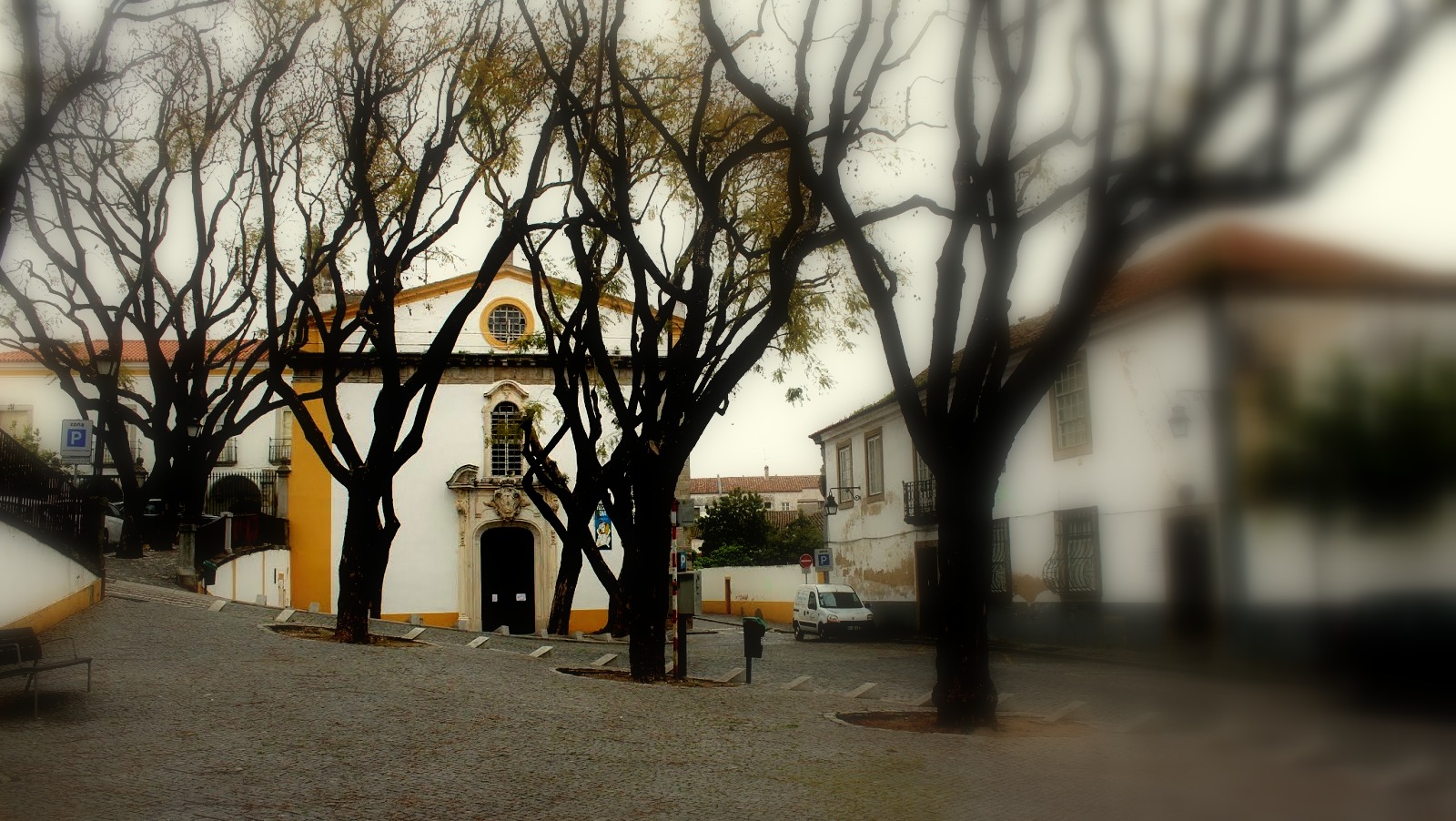Some notes on the Spanish composer Hernando Franco’s activity in Portugal
Some notes on the Spanish composer Hernando Franco’s activity in Portugal ❧ Hernando Franco is nowadays a fairly well-known composer, mostly associated with the flourishing music activity at Mexico City Cathedral in the last decades of the sixteenth century. Most of what we known about him has come to us from notable scholarship contributions on both sides of the Atlantic: …
Some notes on the Spanish composer Hernando Franco’s activity in Portugal ❧ read more »







